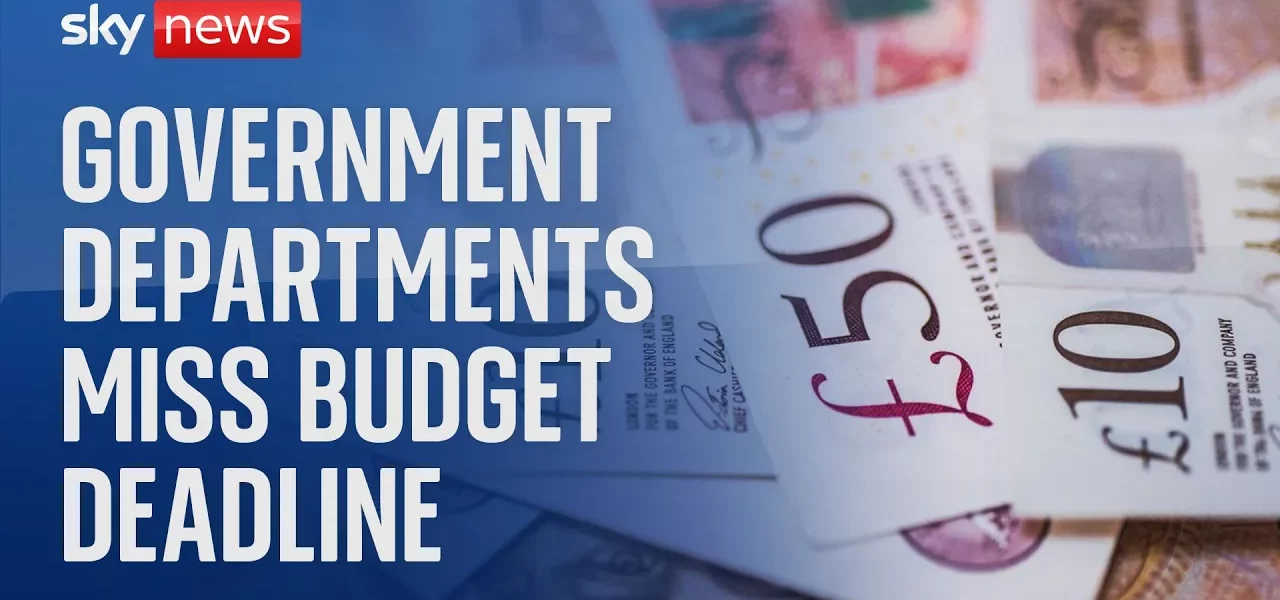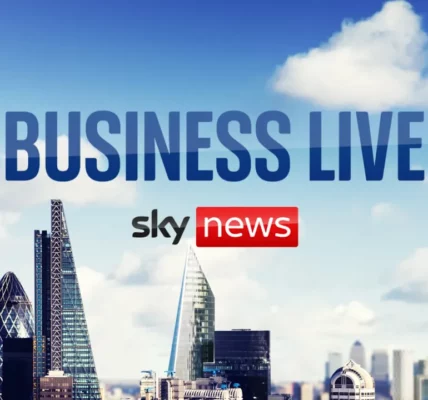Cabinet Ministers Urgently Seek to Soften Spending Cuts Ahead of Budget

In an unprecedented move, several cabinet ministers have directly reached out to the Prime Minister, bypassing traditional channels, to voice their concerns over proposed spending cuts. This article delves into the implications of this political maneuvering, the context behind the letters, and the potential impact on the upcoming budget.
Introduction
The political landscape in the UK is currently marked by tension as cabinet ministers express urgent concerns regarding significant spending cuts being considered in the lead-up to the government’s budget announcement. Recent reports indicate that at least three ministers have taken the extraordinary step of writing directly to the Prime Minister, signaling their discontent with the proposed financial measures. This article aims to explore the details of this situation, the motivations behind these letters, and the broader implications for the government’s budget and public services.
The Context of the Letters to Number 10
The decision by cabinet ministers to go over the heads of the Chancellor and other key figures to contact Number 10 directly raises significant questions about the state of internal government negotiations. This section will break down the key aspects surrounding this development.
Who Are the Cabinet Ministers Involved?
Reports indicate that notable figures such as:
- Shabana Mahmood, Justice Secretary
- Lou Ha, Transport Secretary
- Angela Rayner, Deputy Prime Minister
have all expressed their concerns directly to the Prime Minister. This is particularly significant given their respective departments’ roles in shaping the upcoming budget.
Why Go Over the Chancellor’s Head?
Bypassing the Chancellor, Rachel Reeves, indicates a level of urgency and dissatisfaction with the proposed cuts. The ministers are likely seeking to:
- Influence budgetary decisions more directly.
- Highlight the pressures their departments face.
- Emphasize the potential negative impacts on public services.
This direct approach suggests a breakdown in standard communication channels within the government.
Current Budget Negotiations and Their Implications
The budget preparation process is a critical time for the government, with negotiations often fraught with tension. Here, we explore the current state of these negotiations and their implications for public services.
Missed Deadlines and Negotiation Challenges
Reports indicate that the Treasury was expected to finalize budget preparations by a specific deadline, yet several departments failed to reach an agreement. This situation is concerning for several reasons:
- Increased Pressure: Ministers are facing pressure to cut budgets while addressing significant needs in public services.
- Public Sector Pay: Rising public sector pay demands are straining departmental budgets.
- Potential Backlash: Cuts could lead to public dissatisfaction and political repercussions.
Future Prospects for the Budget
The government is trying to position itself as one that is making difficult but necessary decisions for long-term improvement. However, this narrative is at risk due to the immediate pain of proposed cuts. Key points to consider include:
- How the government will justify cuts to public services.
- The potential for backlash from constituents and interest groups.
- The need for a coherent strategy to address public concerns while managing the budget.
Political Dynamics Within the Government
The internal dynamics of the government are also at play in this situation. The relationship between the Prime Minister and key cabinet ministers is crucial for navigating these challenges.
Angela Rayner’s Role and Concerns
As Deputy Prime Minister, Angela Rayner has significant influence, especially concerning housing, which is a priority in the upcoming budget. Her concerns about funding allocations highlight the complex interplay of interests within the government.
The Importance of Housing and Local Government
With housing being a strategic priority, the government must balance cuts with investment in key areas such as:
- Building new homes.
- Supporting local government funding.
- Addressing public service needs in a sustainable manner.
These factors will be critical in shaping the narrative surrounding the budget and the government’s priorities moving forward.
Conclusion
The urgent letters from cabinet ministers to the Prime Minister indicate significant unrest regarding the proposed spending cuts ahead of the upcoming budget. As negotiations continue, the government faces challenges in balancing immediate fiscal needs with long-term public service commitments. The situation remains fluid, and further developments are expected in the coming days. For those interested in the intricacies of government budgeting and public services, this evolving narrative is one to watch closely.
For more insights on government spending and public policy, visit our related articles on public services funding and government budgeting processes.
“`




